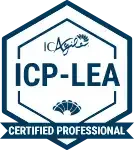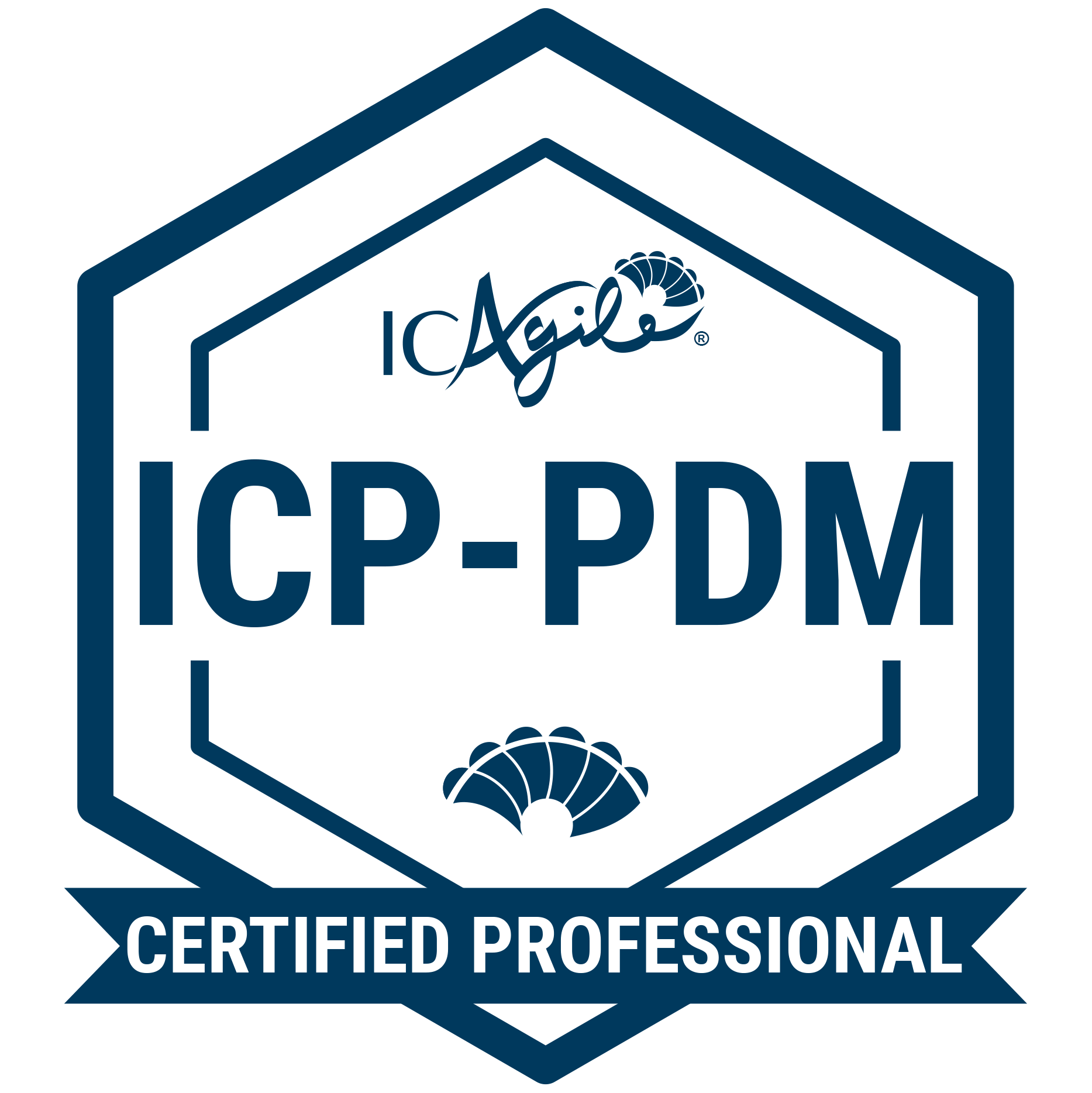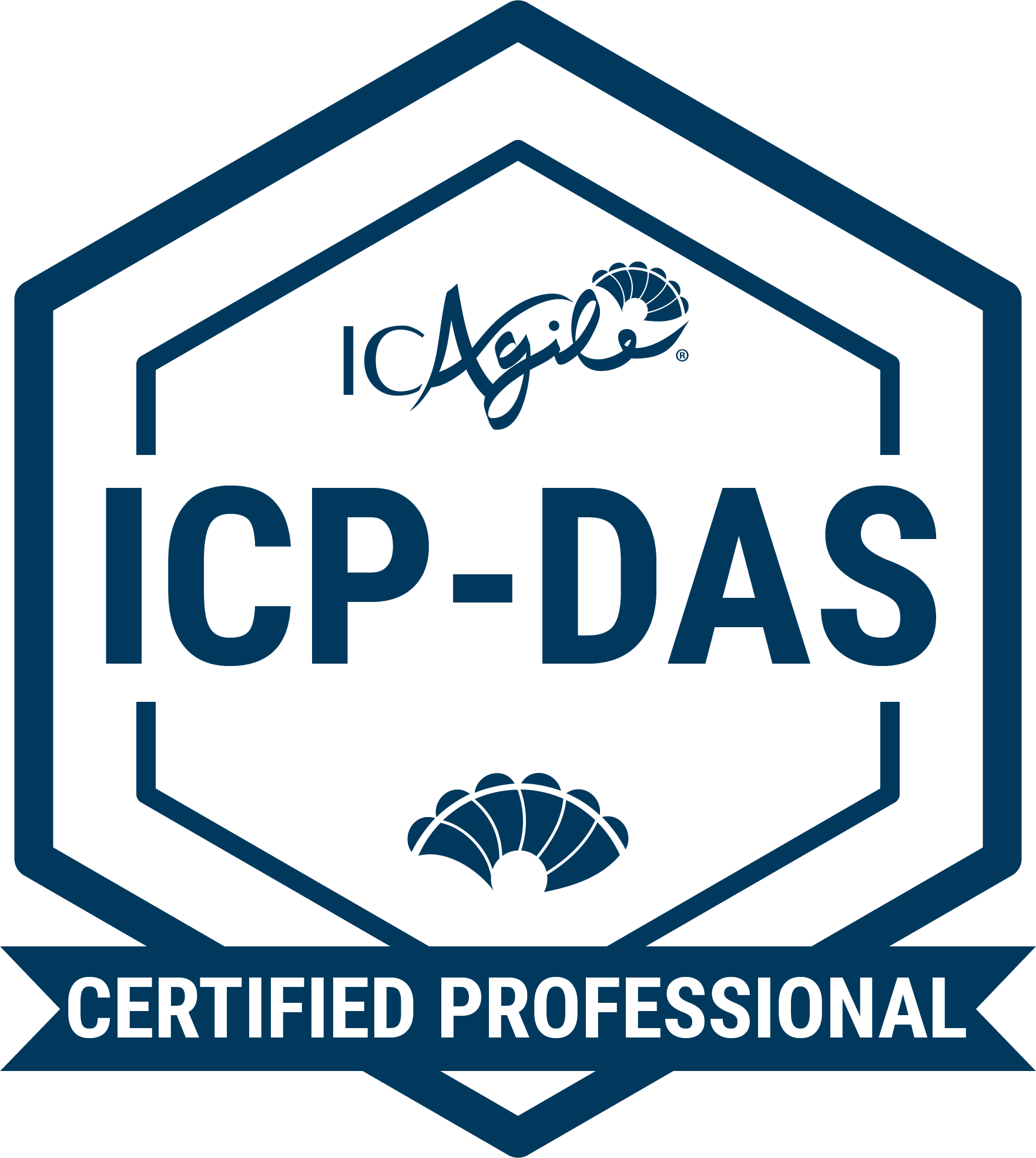Tutorial Highlights
➤ DevOps is a significant shift in how organizations approach software development and deployment. This methodology combines cultural philosophies, practices, and tools to enhance an organization's ability to deliver applications and services rapidly and efficiently.
➤ At its core, DevOps works by breaking down traditional barriers between development and operations teams. Instead of operating as separate entities, these groups often merge into unified teams under the DevOps model. This integration allows engineers to work across the entire application lifecycle, from development and testing to deployment and operations, developing a broad range of skills in the process.
➤ This tutorial on DevOps Fundamentals with Agile Training covers the definition and importance of DevOps in software development, the foundational values of DevOps, an overview of popular DevOps methodologies, tools used in different phases of the DevOps lifecycle, how Lean and Agile concepts align with DevOps practices, how CI/CD practices fit into the DevOps lifecycle, and much more.
Topics Covered
1. DevOps Core Values & Principles
DevOps emphasizes collaboration, automation, continuous improvement, tool integration, and security integration. It enables faster software updates, improved product quality, and greater operational efficiency, aligning IT operations with business objectives and customer needs.
2. DevOps Methodologies & DevOps Tools
The DevOps lifecycle includes several key phases, each supported by specific tools to enhance efficiency, collaboration, and automation. Here's a summary of the tools for each phase:
-
Discover: Mural, Miro, Jira Product Discovery
-
Plan: Jira, Confluence, Slack
-
Build: Kubernetes, Docker, Ansible, Chef, Bitbucket, GitHub, Jenkins
-
Test: Automated testing tools for UI, security, and load testing
-
Deploy: Jira, Bitbucket, Zephyr
-
Operate: Jira Service Management, Opsgenie, Statuspage
-
Observe: AppDynamics, DataDog, New Relic, Dynatrace
-
Continuous Feedback: GetFeedback, Slack, Jira Service Management, Pendo
Organizations should prioritize DevOps tools that improve collaboration, reduce context-switching, introduce automation, and leverage observability.
Enroll in Professional DevOps Foundations Training
Learn the key fundamentals of DevOps and Agile. This course will help you master collaboration, automation, and continuous delivery principles.
Contact Us
3. Concepts of lean-agile with application to Devops
Lean focuses on eliminating waste and maximizing value in processes, particularly effective in industries with tangible outputs. Agile is flexible and adaptable, well-suited for managing dynamic environments like software development, but can lead to scope creep. DevOps aims to improve collaboration and streamline the agile software development and deployment process but faces challenges in integrating diverse tools and overcoming team silos.
All three methodologies aim to improve efficiency, and deliver value to customers, and require a significant shift in organizational culture. It's also noted that these methodologies are not mutually exclusive, and organizations often combine elements from Lean, Agile, and DevOps to create a tailored approach that best suits their unique requirements.
4. Benefits of automating software development workflow
The main benefits of automating software development workflows are enhanced efficiency, improved quality, cost reduction, and increased scalability. These benefits are important for staying competitive in the software industry. They can be achieved by implementing automation in various stages of the software development lifecycle, including code generation, code review, testing, deployment, continuous integration and continuous delivery (CI/CD), monitoring and observability, and project management.
5. Continuous Integration & Delivery
Continuous Integration and Delivery (CI/CD) is a game-changer in software development as it automates tasks, catches bugs early, and allows for faster feature releases. CI involves frequently merging code changes and running automated tests, while CD automates the process of preparing code for release. CI/CD saves time, improves software quality, and helps stay competitive in the fast-paced tech world. Implementing CI/CD requires setting up the right tools and workflows, and it's important to customize the approach to fit specific team needs.
6. Continuous Testing in DevOps
Continuous testing is a crucial component of DevOps practices, automating the testing process and integrating it throughout the entire software development lifecycle. It helps catch and fix issues early, speeding up development cycles and improving software quality.
By bringing testing earlier in the development process and integrating it into the development process, teams can release high-quality software more quickly, reduce risk, and support faster deployment. Teams often use virtualized testing environments to simulate complex systems and scenarios without needing to reproduce every physical component. Overall, continuous testing is a game-changer for DevOps teams, helping them deliver better software faster and reducing the risk of errors making it into production.
Find the Best DevOps Course for Your Career
Use our course finder to discover which Scrum, SAFe®, or DevOps certification best suits your career aspirations and expertise.
Try Course Finder
7. Concept of release management in DevOps
DevOps release management focuses on getting new software to users efficiently through collaboration. The process involves development, testing, and deployment, and may include beta testing before a full rollout. Key best practices include setting clear success criteria, minimizing user impact, automating tasks, and bringing testing earlier in the process.
8. Application performance management in devops
Application Performance Management (APM) is a crucial component in DevOps that focuses on monitoring and managing software applications' performance in real-time. It involves tracking key performance indicators such as response times, error rates, and system throughput to ensure applications run smoothly and efficiently.
By implementing APM, organizations can detect and diagnose performance issues proactively before they affect end users. It enables development and operations teams to have a shared view of application performance, leading to faster issue resolution and better resource utilization. For enterprise businesses, APM is essential for maintaining high availability, supporting scalability, and reducing operational costs while ensuring optimal performance through continaukuous monitoring.
9. Value Of DevOps
DevOps combines cultural philosophies, practices, and tools to accelerate software delivery and enhance system stability. It transcends traditional automation by creating a synergistic environment where development and operations teams collaborate effectively.
By implementing DevOps, organizations achieve significant improvements in speed, stability, and security. Elite performers can deploy changes multiple times daily with lead times of approximately one hour, compared to monthly or bi-annual deployments by low performers. The approach also enhances system stability, with elite performers restoring services in under an hour and maintaining lower change failure rates. Additionally, DevOps fosters improved team collaboration, increases employee satisfaction, and helps organizations address security vulnerabilities more effectively.
Achieve Excellence with Test-Driven Development (TDD)
TDD is critical for continuous integration success. Join our hands-on TDD course and build robust, error-free applications.
Contact Us



























































































